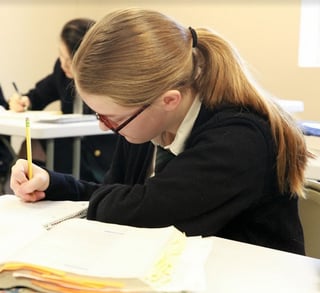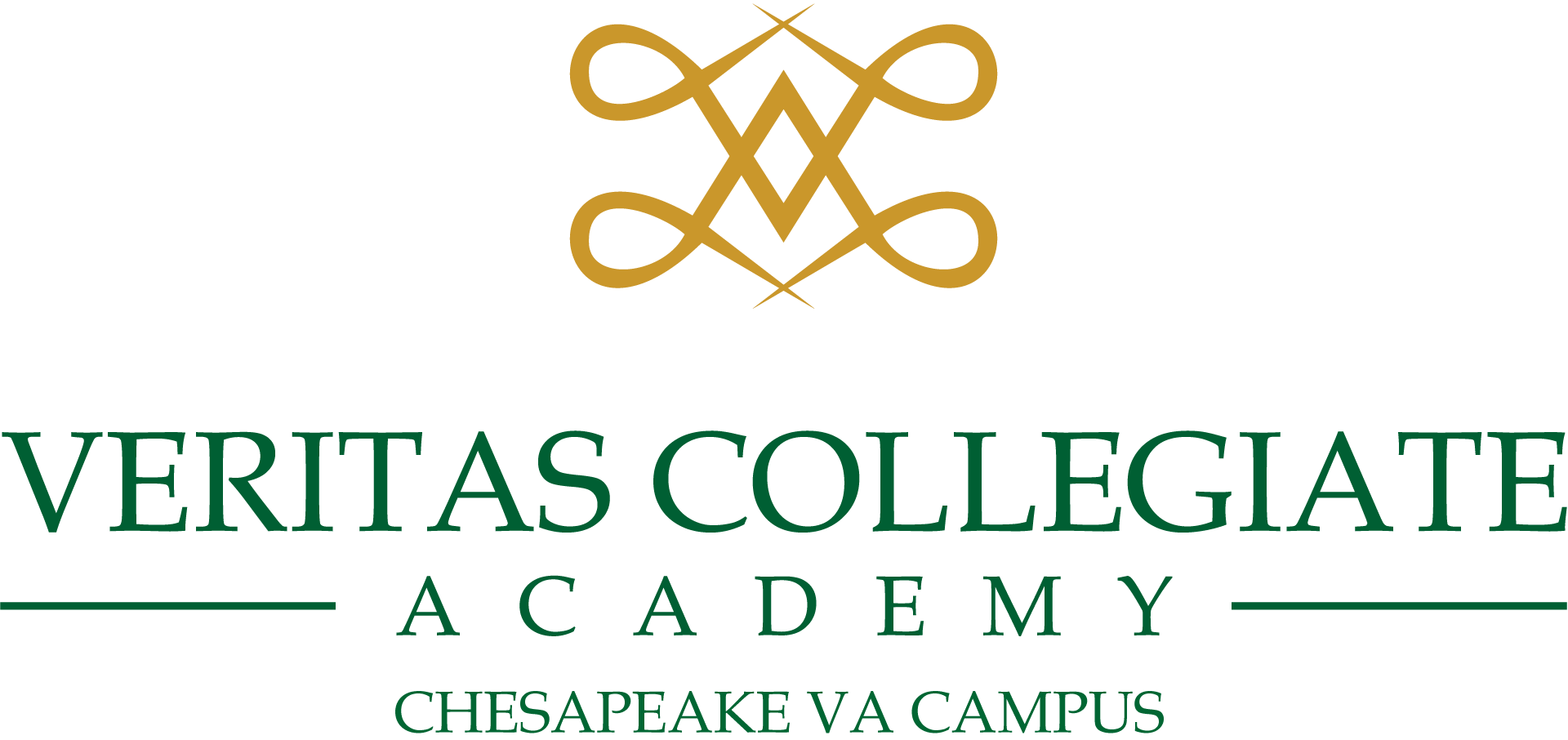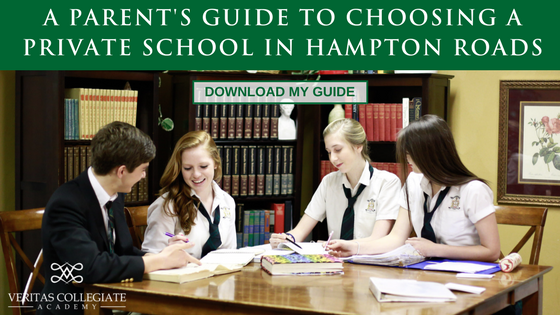As a military family, we have moved on average every two years and endured many deployments. When our 4-year-old was about to enter Kindergarten, we contemplated how to navigate Navy life, and how to make transitions easier on our children. We realized the one constant in our family was me, Mom.
So, considering all the options, including private school and homeschool, we reflected on how best to create stability in our children’s educational experience. Through multiple moves and various school environments, we have learned the value of a small school, and how being personally invested in our children’s education steadies the waves of change.
reflected on how best to create stability in our children’s educational experience. Through multiple moves and various school environments, we have learned the value of a small school, and how being personally invested in our children’s education steadies the waves of change.
Here are five ways our family has benefited from a small school environment:
- Education Partnership
- Personalized Education
- Leadership Opportunities
- Deficiencies Addressed
- Community Feel
1. Education partnership
In America, we have grown to accept that the primary responsibility of educating our children is on the teachers, schools and the government. We are comfortable putting our children on a school bus and fully entrusting other adults to educate them, yet we can become insulted if an adult advises us on our parenting decisions or encroaches on our parental authority. We trust without question that the teacher knows best, and we willingly forfeit this role and responsibility.
However, in a small school parent involvement is welcomed and many times required. This creates a partnership between parents and teachers, and fosters more stability for our children. Parents are intimately involved in their children’s education by serving in the classroom, participating in school events, and volunteering for support roles within the school. This establishes frequent and open conversations between parents and teachers regarding our children’s behavior, and parents can address struggles at home.
2. Personalized education
In a small school, class sizes are generally smaller than those in public school. When there is a low student-to-teacher ratio, a teacher is able to adapt to the pace of the children. They can provide extra help for those students who need more attention and encourage independence in those  students who are able to progress more quickly.
students who are able to progress more quickly.
Instead of being overwhelmed with managing students, the smaller class size enables a teacher to do their job, and do it well. The teacher can observe each child’s learning style and create the best learning environment for the entire classroom.
3. Leadership opportunities
Getting into college today goes beyond a great GPA and a high SAT score. Colleges are looking at how the students have been leaders in their schools, impacted their communities, and managed their time outside of the classroom. In a small school, there are more opportunities for positions on the basketball team, lead roles in the school play or positions on the student body government.
Administrators seek and foster leadership amongst all of the student body, and children, who may have otherwise been overlooked, are called higher. An introvert is called to be the lead role in the school play and may find their passion. The tall, awkward girl is afforded an opportunity on the volleyball team and is introduced to teamwork and competition. And the student, who comes to the school in their senior year, is introduced to an administration dedicated to getting them into a good college and opens their eyes to pursuing bigger dreams. A small school means that all children have a name; they are not just a number.
4. Deficiencies Addressed
The documentary Waiting on Superman, discusses how public schools in our country are giving up on our children. At some point, children who are underperforming are overlooked and sent to the next grade. They fall further and further behind. As a result, the school system essentially gives up on the child, and the child decides they are not smart, giving up on themselves.
Also, in larger schools conflict resolution and character development are difficult to manage. In the small school environment, a student’s needs are less likely to be over looked. Conflicts affect the environment and are highly visible to teachers and administrators, and they are quickly addressed. Children’s character weaknesses are revealed and opportunities are created for teachers, administrators and parents to strengthen the character of the children and foster their growth.
5. Community feel
In my experience, being a part of a small school is akin to being a part of a community. Each person a child interacts with at the school, whether it is the secretary, the school principal, the teacher or the homeroom parent, plays an important role in our children’s educational experience.
important role in our children’s educational experience.
Being a military family, we thrive on community, especially since we are normally separated from our extended family. We have to create a family wherever we go, and the school community provides stability and a sense of belonging our children crave. When you are involved in a school environment where parents are partnering with the school, all children reap the benefits.
In conclusion, the most important thing you can do is be personally invested in your child’s education. You can also improve on the educational experience by enrolling your child in a small school. We have witnessed the benefits of a private school, and we have also watched our children grow as they are nutured in a classical Christian school. Investigate a small school today! You will not be disappointed.


.png?width=1920&name=VCA%20VA%20Logo%20White%20PNG%20(1).png)

